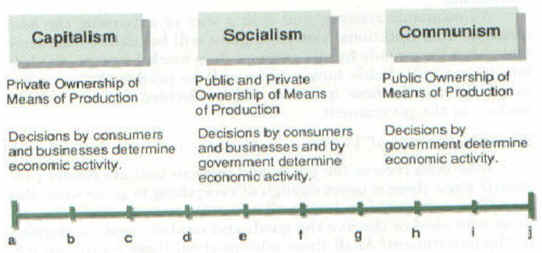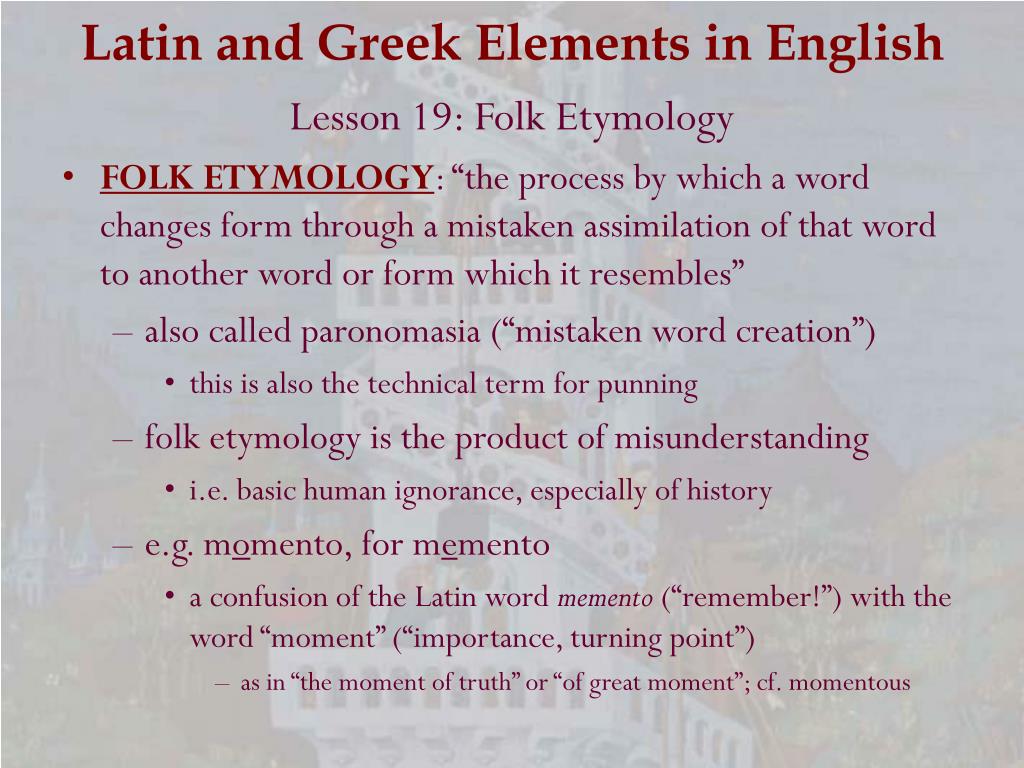

In arriving at this position, the book makes the case for the benefits to society of philanthropy in general and private foundations in particular. Reich’s view of equality encompasses not only things like equal treatment under the law, but an “equal opportunity for political influence.” Yet while he is critical of how private foundations promote this alleged plutocracy, Reich does manage to find a way for them to continue to exist in ways that he believes support rather than undermine democracy and equality. It often uses the term “plutocratic” to describe this supposed phenomenon and argues that it undermines the ideal of equality that is meant to be a core American value. In brief, the central premise of Just Giving is that wealthy givers have too much influence and power in both the world of philanthropy and public life, and private foundations are a key element of the wealthy’s ability to exercise this power.


Once the book moves from history to its critique of modern philanthropy, however, it suffers from a cascade of asserted but unsupported characterizations, undefined key terms, casual dismissals of contrary or competing ideas, and policy prescriptions that lack detail or that would seriously damage philanthropic giving and civil society. The book then offers fascinating accounts of the ancient Athenian practice of liturgy (a way of getting the wealthy to pay for public needs), and the Islamic waqf (a precursor to modern-day foundations). Just Giving: Why Philanthropy Is Failing Democracy and How It Can Do Better by Rob Reich


 0 kommentar(er)
0 kommentar(er)
